Court dismisses bid to block Gukurahundi exhumations
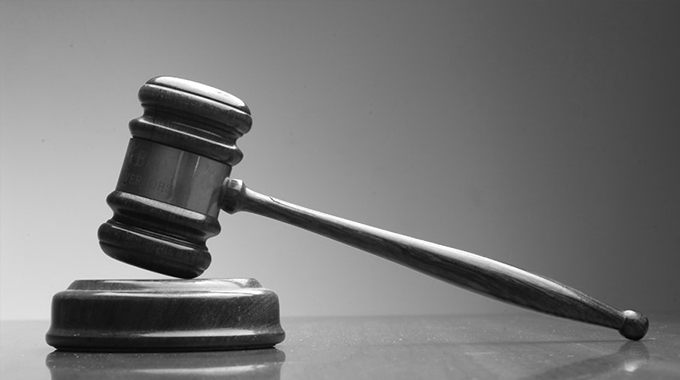
Mashudu Netsianda, Senior Court Reporter
A HIGH Court judge has dismissed as “presumptuous and premature” an application by Zapu, pressure group Ibhetshu LikaZulu Trust and two political activists seeking to block Government and Matabeleland Collective from conducting Gukurahundi exhumations and reburials.
The ruling by Justice Martin Makonese followed an urgent chamber application filed at the Bulawayo High Court by Zapu, Ibhetshu LikaZulu Trust and political activists Mr Mbuso Fuzwayo and Mr Charles Thomas, through their lawyer Mr Nqobani Sithole of Ncube Attorneys, seeking an order interdicting President Mnangagwa and five other respondents from conducting or leading any process of exhumation of the bodies of the Gukurahundi victims.
President Mnangagwa, Home Affairs and Cultural Heritage Minister Kazembe Kazembe, Matabeleland Collective and its executive director Ms Jennifer Williams, National Peace and Reconciliation Commission (NPRC) and its chairperson Justice Sello Nare, were cited as respondents.
The application followed last month’s meeting during which President Mnangagwa met civil society leaders from Matabeleland in Bulawayo as part of a follow up to previous engagements revolving around several issues affecting the region, including dialogue towards finding closure to the emotive Gukurahundi issue.
In his founding affidavit, the applicants’ representative, Mr Thomas said the process of exhumation and reburials was illegal, arguing that it was a violation of sections 110 and 111 of the Criminal Law (Codification and Reform) Act, which criminalises interference with graves and human remains.
“The graves are crime scenes and as such no one is allowed at law to interfere with a crime scene as this will contaminate evidence and impede investigations on the murder of the victims buried in these graves. Third and fourth respondents (Matabeleland Collective and Ms Williams) have no mandate to represent me or anyone affected by Gukurahundi. They are on a frolic of their own and have no blessings of the victims’ families,” he said.
The applicants argued that the exhumations should be carried out by experts who will be able to identify the remains through DNA testing. “Disinterment can only be done by a police officer pursuant to the dictates of the Inquest Act. The exhumed bodies can only be buried after a death notice has been issued in terms of the law and first examined by a medical practitioner who must have issued a medical certificate,” said Mr Thomas.
Justice Makonese dismissed the application saying the court cannot entertain litigants who rush to court without first exhausting internal remedies.
“In this case before me, the applicants deliberately failed to invoke clear constitutional remedies available to them. I am satisfied that second applicant (Ibhetshu LikaZulu) is not properly before the court. A trust is represented by its trustees and no meaningful argument was presented to establish its locus standi,” he said.
Similarly, the judge said Zapu’s application was fatally defective as it had no resolution attached to the application authorising the deponent to the founding affidavit.
Justice Makonese said it was presumptuous for the applicants to allege that President Mnangagwa sought to conduct unlawful exhumations.
“The suggestion by the applicants is fanciful, scurrilous and unjustified. Any allegation of an illegal act made against the first respondent who is the President of the Republic, should not be taken lightly, more so, when it is shown that the alleged illegal acts have not even occurred,” said the judge.
Justice Makonese said the applicants did not bother to enquire on the accuracy of the media reports they relied on as well as how the purported exhumations would be carried out. He said the applicants should have first sought the intervention of NPRC chairperson before rushing to the courts without following the provision of the Constitution.
“The issue of Gukurahundi and exhumations is emotive and sensitive, which has to be dealt with carefully and in full compliance with the requirements of the law. It is my finding that this application is presumptuous and premature, and accordingly dismissed with costs,” ruled the judge.
President Mnangagwa, through Ms Rejoice Hove of the Attorney-General’s Office, opposed the application, arguing that it was hastily filed and premature.
Ms Hove said it was extremely presumptuous of the applicants to attribute “illegal conduct” in the circumstances where there is no criminal act and where President Mnangagwa has not shown any desire to operate outside the law.
“In any event, if reliance is placed on media reports, the article referred to did not state that exhumations would commence in September 2020. The roll out programme as envisaged would take into account the interests of the stakeholders. A draft policy framework would be laid out before any exhumations could even begin,” she said.
“Once agreement is reached with stakeholders on a final policy, only then, can exhumations commence. First respondent (President Mnangagwa) avers that applicants ought to have gathered the correct facts before rushing to court on the basis of a newspaper article as no agreement was reached at the last meeting on 22 August 2020.”
Ms Hove said NPRC is in fact leading the process of exhumations and all other issues associated with Gukurahundi.
“As Head of State and Government, first respondent is seized with all issues of national importance and ought to attend meetings at the invitation of interested parties. He argues that applicants are completely misleading the court when they allege that he is conducting and leading the process of disinterment,” she said.
Ms Williams also opposed the application, saying although a draft exhumation policy was presented during their meeting with President Mnangagwa, there was never an agreement on the actual exhumations.
NPRC opposed the application, arguing that the applicants have prematurely approached the court without first exhausting domestic remedies. The Commission argued that all issued related to Gukurahundi are covered under section 252 (a) of the Constitution.
“The argument is therefore made that if applicants had any concerns with issues surrounding the exhumations or any other procedural issues, they ought to have invoked the provisions of section 252 (f) of the Constitution, which provides that NPRC chairperson shall have the authority and competence to receive and consider complaints from the public and to take such action as it considers appropriate,” argued NPRC.
President Mnangagwa last month met civil society leaders from Matabeleland in Bulawayo as part of a follow up to previous engagements revolving around several issues affecting the region, including dialogue towards finding closure to the emotive Gukurahundi issue.
He held robust discussions with Matabeleland civil groups, stressing the need for national cohesion and collective efforts in taking the country forward in line with the new Dispensation’s thrust of collective engagement towards development.
The President has so far held two meetings with the civil society under the banner Matabeleland Collective and a separate one with chiefs to promote national healing.
Matabeleland Collective is a grouping of non-governmental organisations, faith-based organisations, community-based organisations, trusts, savings clubs and social movements from Bulawayo, Matabeleland North and Matabeleland South. — @mashnets

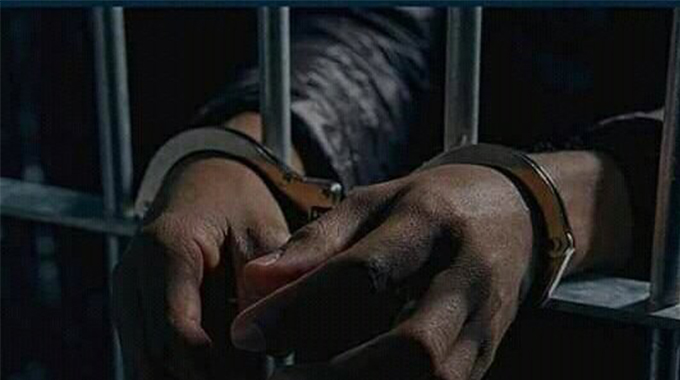
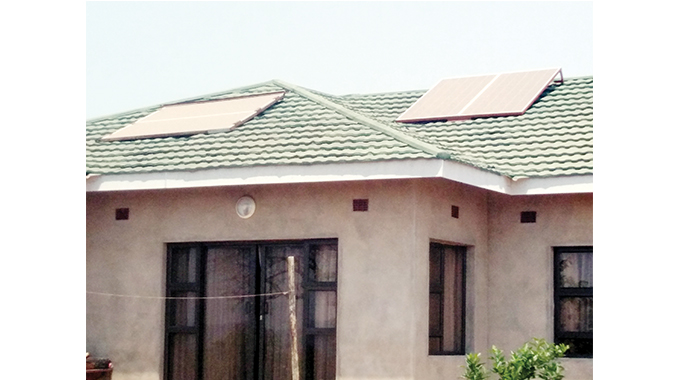
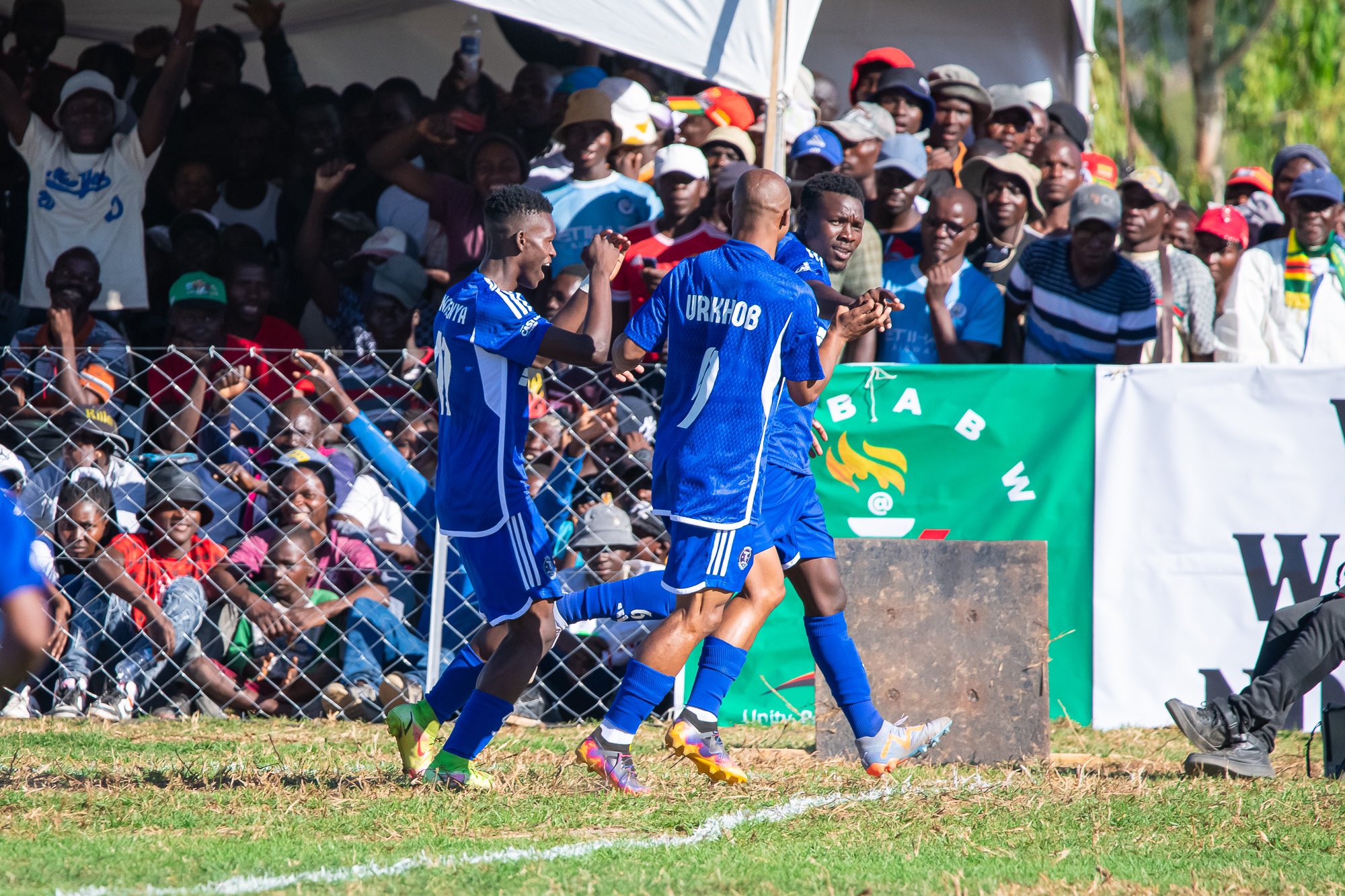
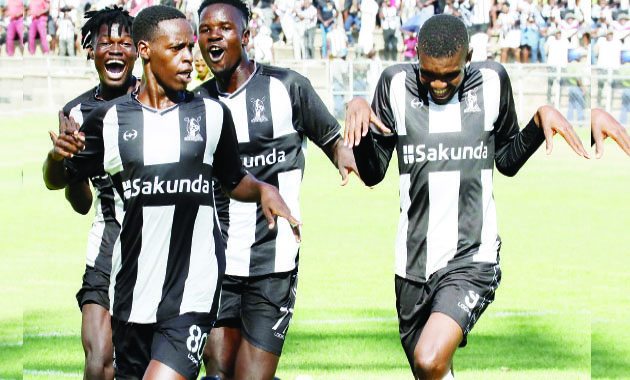






Comments